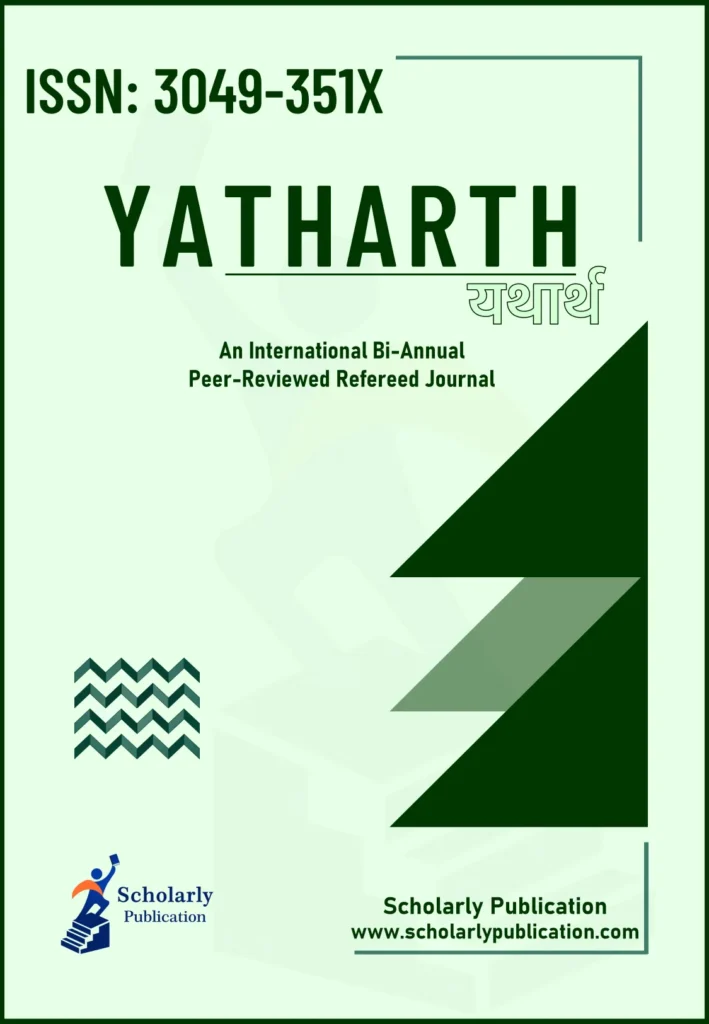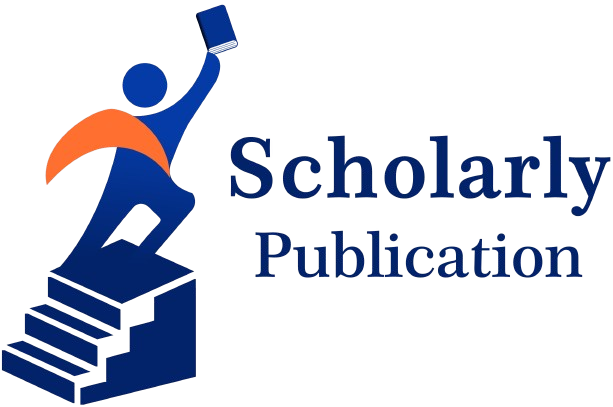
Yatharth
An International Bi-Annual Peer-Reviewed Refereed Journal
About the Journal
Yatharth is an open-access international bi-annual peer-reviewed refereed journal dedicated to advancing knowledge in arts, humanities, and social sciences. The journal serves as a dynamic platform for researchers, academicians, and professionals to explore and publicize ideas that shape human understanding and …
Why Choose This Journal
- Open Access: Freely available research to ensure global accessibility and impact.
- Rigorous Peer Review: Commitment to maintaining high academic standards through expert evaluation.
- Interdisciplinary Approach: Encourages collaboration across arts, humanities, and social sciences.
- Diverse Perspectives: Embraces voices from varied cultural, regional, and academic backgrounds.
- Global Reach: Provides a platform for research with international relevance and visibility.
- Timely Publication: Ensures efficient processing and dissemination of scholarly work.
Contribute today and join a growing community of thought leaders in arts, humanities, and social sciences!
For Indian Authors: ₹ 3000
For others: US$ 100
Article Processing Charge
03 Days
Median time from submission to first editorial decision before peer review
15 Days
Median time from submission to first decision after peer review
25 Days
Median time from submission to final acceptance after peer review and any author revisions
Editor-in-Chief View Full Editorial Board
Editor-in-Chief

Prof. (Dr.) M. P. Singh
Babasaheb Bhimrao Ambedkar University, Lucknow, Uttar Pradesh, India
